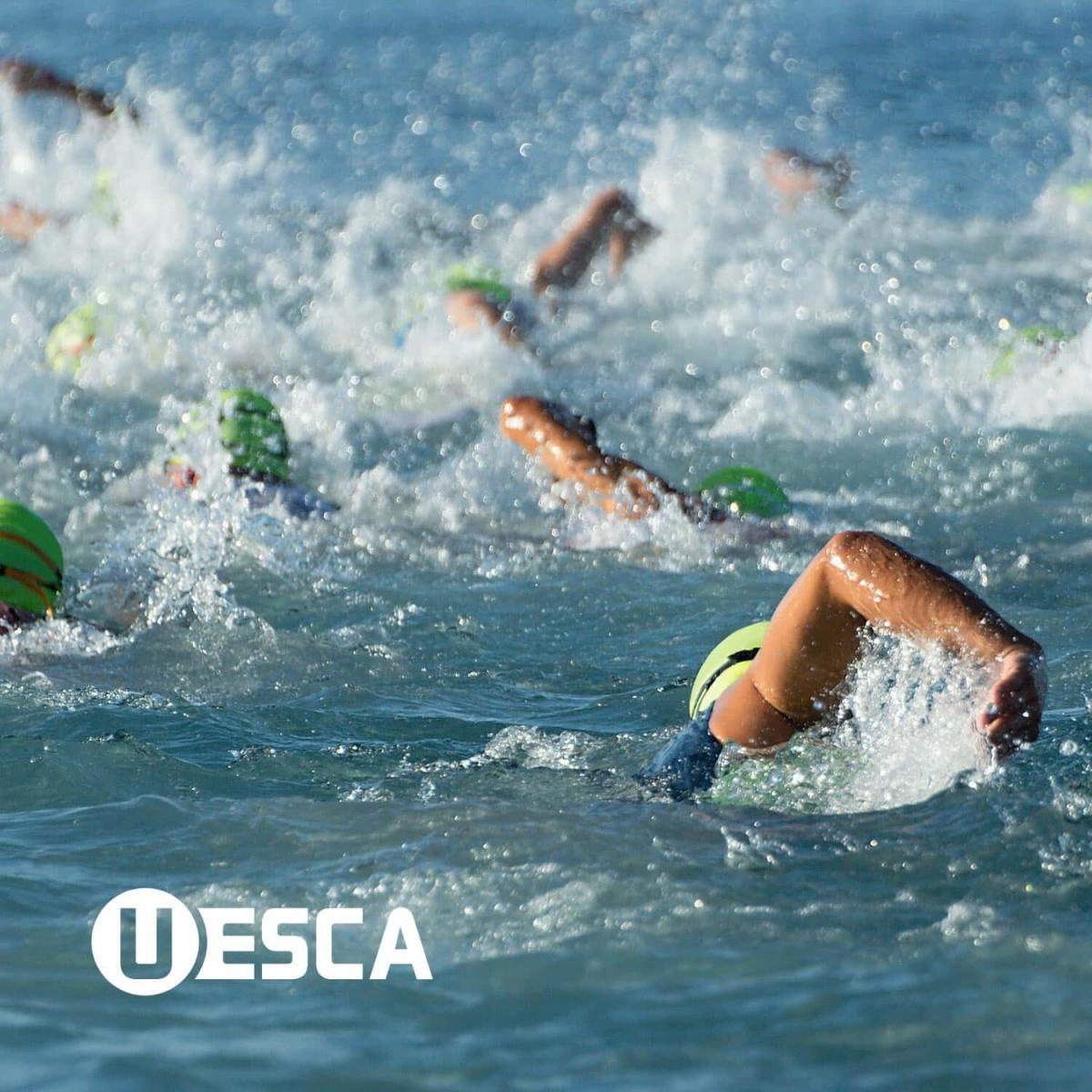If you’re a coach, you’ve likely asked yourself this question. Learn how to better understand your client or athlete so you can maximize the motivation potential.

As an endurance sports coach and personal trainer with over 20 years experience, I’ve worked with hundreds of individuals. During this time, I’ve worked with all types of clients including naturally gifted athletes to those that could barely put one foot in front of the other. This range of clientele is normal and expected.
However what still baffles me to some degree is a client’s ability to work hard based on their goal(s). Some clients select a goal and suffer endlessly to make their goal a reality. Whether this means waking up at 4am to get a run in before work or pushing way past their lactate threshold for long interval sessions, they always rise to a challenge. Conversely, for other clients, it’s like pulling teeth to get them to complete 50% of their assigned workouts and not to quit once an intensity level gets slightly uncomfortable.
While hardly scientific, I tried to do my own meta-analysis as to why certain clients push hard and are self-motivated while others can barely get out the door for a run without use of a cattle prod. I looked at past athletic history (were they a high school or collegiate athlete?), ambition (are they successful in their professional life?), pain threshold (what constitutes ‘hard’ for them?) and personality type (are they ‘type A?’).
My conclusive findings? Zero
- One could easily assume that a goal oriented person in their professional life who studied hard to get into the best schools and worked hard to advance their career would apply the same intensity and focus to their physical training. This would be incorrect.
- One could assume that since a client was a collegiate runner they will have a high pain threshold. This would be incorrect.
- One could assume that someone who is extremely ‘type A’ would adhere to each and every nuance of a training program. This would incorrect.
While it is highly probable that the assumptions/correlations made regarding the above individuals would hold true for some, they cannot be assumed.
The reality is that until you work with an individual and see how they respond to the training process, you should not and cannot make assumptions regarding their work ethic, pain tolerance or ambition. I’ve identified a few areas below that coaches often incorrectly associate/correlate:
- Value: What value does your client place on the training process and, or their goal? True, they did hire you but that does not necessarily equate to them placing a high value on their goal and therefore willing to do whatever it takes to achieve it. For example, a client who studied like mad to get into the best law school and pass the bar exam may not apply the same intensity and focus to the training process. There are many reasons for this but at the end of the day, it has a lot to do with the value placed on a goal and therefore the associated intensity and focus to reach it.
- Sacrifice: This relates to value. The more value one places on a goal, the more they are typically willing to sacrifice to reach the goal. This requires the coach being up front with a client about exactly what reaching their goal will entail. If a coach minimizes what is required on a client’s part to reach their goal, they cannot expect a client to know what they really need to do to reach their goal. As you can see, this is a two-way street. What constitutes a ‘sacrifice’ is subjective. It could be getting up 30 minutes earlier in the morning to train, cutting out dessert to focus on one’s weight, skipping ‘girls night’ to get more sleep, etc…
- Mental ‘Toughness’: This is an interesting topic as it pertains to several areas. The pain one feels when getting a shot at the doctors office (externally inflicted), performing a HIIT workout (self-inflicted) and the systemic fatigue one feels after 12 hours in a triathlon all vary. As the ability to deal with pain or discomfort is often critical to reaching one’s goal in endurance sports, this aspect cannot be underestimated. Hence the name endurance sports, which often take a lot of time – both in training and during races. Perhaps your client can focus 100% and non-stop when working on a big project at work but can’t seem to attain the same level of focus and mental endurance when training and racing.
Summary
In summary, as a coach, it is the not the right approach to view a client’s lack of focus, pain threshold or sacrifice as a negative. This is because this is reality. Not all clients will have the physiology and psychology of an Olympic athlete. Your role as a coach is to assess your client in the above areas, communicate effectively with them so that they know what is expected and required for them to reach their goal and to understand that everyone is different and therefore how clients are motivated and trained should differ as well.
This is not to say that a coach should not attempt to increase a client’s work ethic, pain tolerance or mental toughness, however it is important that a coach understand that the reasonings behind a client’s actions and responses to the training process may have nothing to do with the training process (ex: client is going through a divorce and is mentally fatigued). Lastly, don’t make assumptions by attempting to correlate one area of client’s life to another (i.e., successful business person = type A and strong work ethic during triathlon training).








